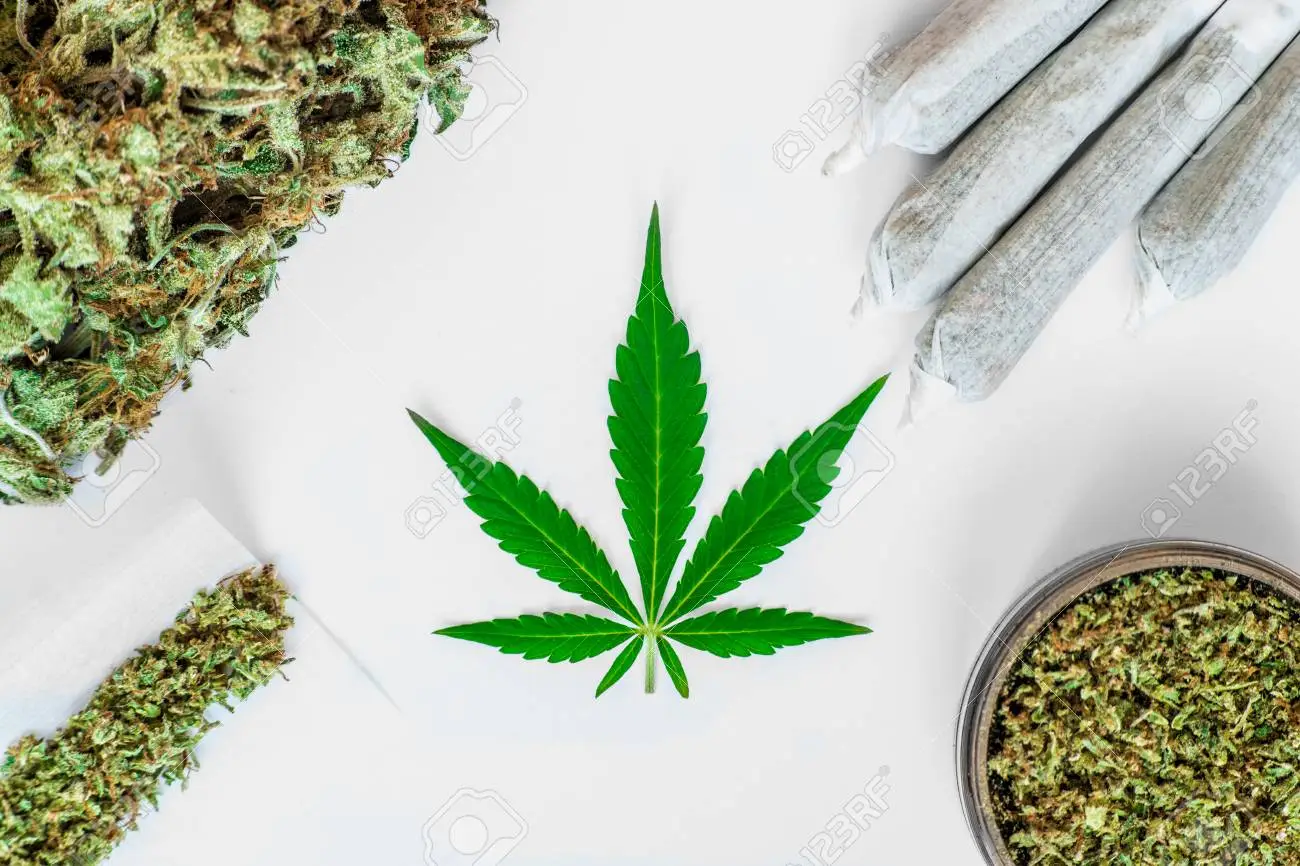By Katerina Dimarogkona,
Fran Lebowitz is an old-school New York writer, who became famous in the ’70s. In an interview recently, she was asked something like this: “Well Fran, you were in New York when Woodstock was happening, you were friends with Andy Warhol, you know a lot of people who have smoked a lot of marijuana their whole lives and who are now old. What do you think about the current debate on weed? Does it affect people in the long term?”. She answered: “I do have friends that are around my age, or even older, who I know to have been daily marijuana smokers for 50 years. These are not the most acute people on the planet. Let me assure you that there is an aggregate effect. Because I knew them maybe when they started, okay? So they are not, like, dangerous people, but maybe they are not the people you would consult anymore”.
Meanwhile, the legality of weed is spreading fast. Thailand is planning to fully legalize it and will be the first Asian country to do so. And yet, marijuana has had a very short life as a legal substance. That means it is the subject of very few good studies, especially ones about its long-term effects. And while, you know, cheers to legalizing it, it is also true that just because something is legal, it does not mean it is safe without limit. Right now, there is an odd situation where there are as many people that think weed smoking is a moral failing of modern society, as there are who identify with a weed lifestyle, and who think it is as healthy as spinach.

Every addiction is different. Although weed does not develop a chemical dependence, it has specific characteristics that make it elusive and dangerous in its own way, which increases the risk for psychological dependence. We should not be overly for or against anything, but it is a drug. And like all drugs, it has its own particular consequences for the heavy user.
Marijuana is special because the way it is used is very different from alcohol. Unlike alcohol, it is used all the time by people who smoke alone. It is not culturally acceptable to get drunk by yourself, but it is to get stoned. Using alone often leads to abuse and dependence. Social use has long been a hard line in the sand, separating those that are for example drinking alcohol in an unhealthy way from those who are fine with it. Alcohol, although dangerous, remains mostly a thing for social occasions, and anyone who regularly drinks alone can usually see for themselves that they are starting to have a problem. Weed is more elusive. It is hard to see when it goes from being a past-time to being something we use to self-medicate, a substance we actually need to live.

The way weed is used, with so much pride, prevents us from seeing when the user is sick. For one, because the immediate effects are not so dangerous. There are not so many stoned drunk drivers, there are no stereotypes of weed-smoking men hitting their wives, and weed smokers rarely become so addicted to marijuana, that they become disgraced and lose their family and jobs, as alcoholics do. We are not so afraid of it.
And then, the actual, beneficial medicinal qualities it has and the mind-altering state people reach consuming it, have created a positive image for the substance. More importantly, weed has been a symbol of intellectualism, resistance to a harsh authority that makes strict rules, not based on logic but on moral conservatism. The music, movies and shows, socks, and legendary musicians that support the smoking of weed make it so that there is a weed smoker identity, so much so that weed is seen by many like a club, a hobby, a society of people. And this identity although a weak argument for the overuse of weed for older people could be affecting the young who are searching for something to define them. Weed is the only narcotic substance that stirs pride and positive feelings in those who use it.

And it is often used and abused by the young when smoking it feels like rebellion and is a youth-affirming experience. But because it is not dangerous in an immediate way, many people end up spending decades of their lives abusing something, spending their life in a phase they do not get out of. Just because there are no marijuana drug dens does not mean that weed is safe. Some addictions are extreme and result in broken houses, and others are a death by a thousand cuts. The worst thing is that people usually start smoking weed at an age when they do not really understand the situation fully when they feel larger than life. And when one can misunderstand all the criticism of the drug for the stupid conservative fear of parents and old people. It can feel like a middle finger to the establishment, which forbids things for no reason. Fine. Be that as it may, not all criticism comes from people who don’t know what they are talking about.
Weed might not be the end of the world for anyone, but it should be thought about with caution, and we should have a cultural understanding of the real dangers and costs that come when people make it a big part of their lives. What is worse is that whatever credible studies exist, speak of a risk of irreversible brain damage for people who become heavy users at a young age. As a culture, we go from hating it to fearing it, to praising it as medicine, and entertainment. Yet, when talking with older people who spent their youth smoking it, one finds many voices who urge for a more cautious attitude.
References
- Thailand bets on cannabis, weak currency to lure tourists back, businesslive.co.za, Available here
- “Fran Lebowitz to Tourists: Stay Home”, papermag.com, Available here
- Cannabis (Marijuana) Research Report: What are marijuana’s long-term effects on the brain?, nida.nih.gov, Available here




